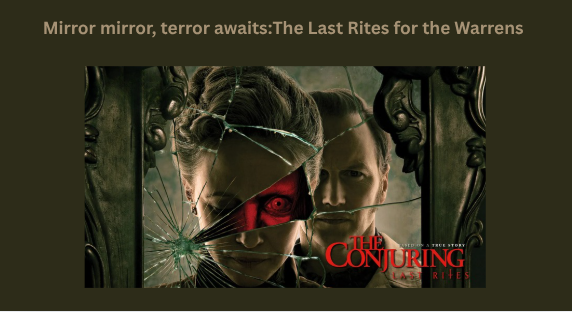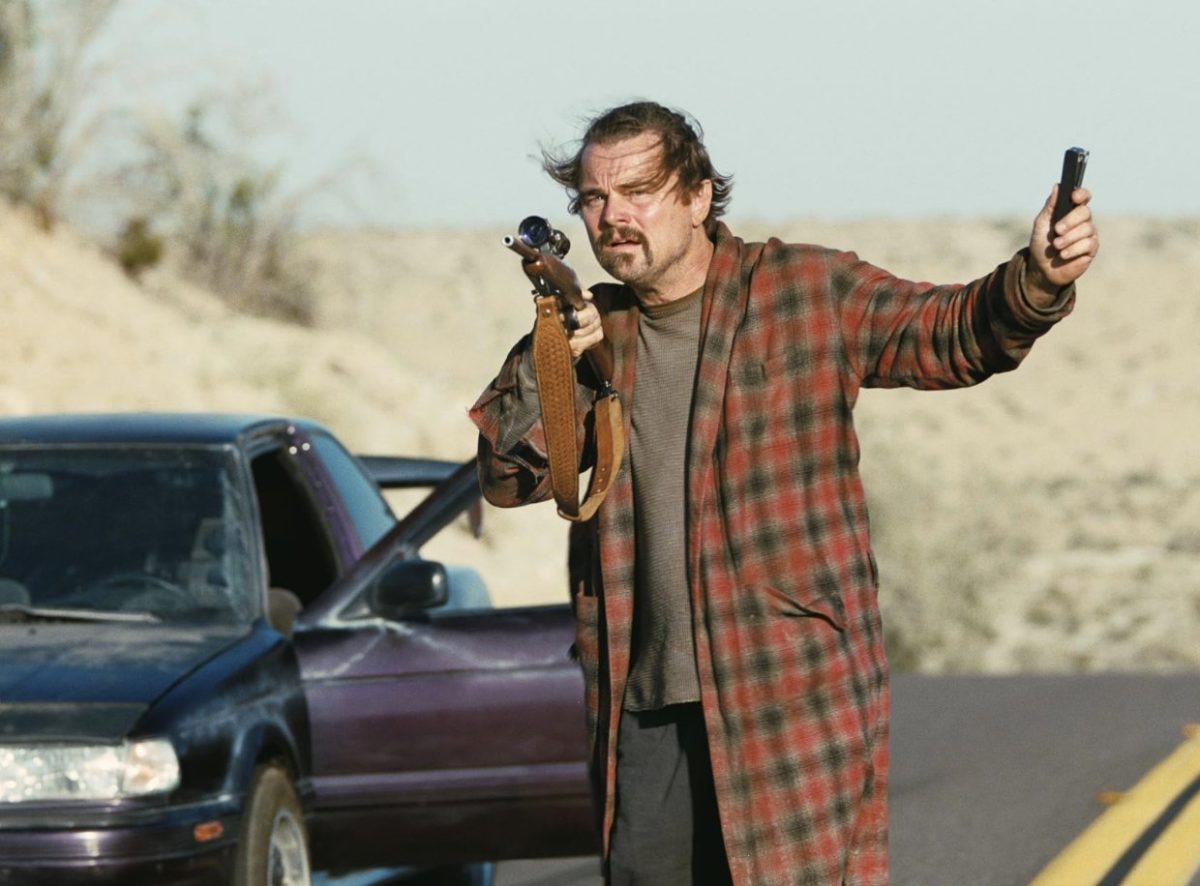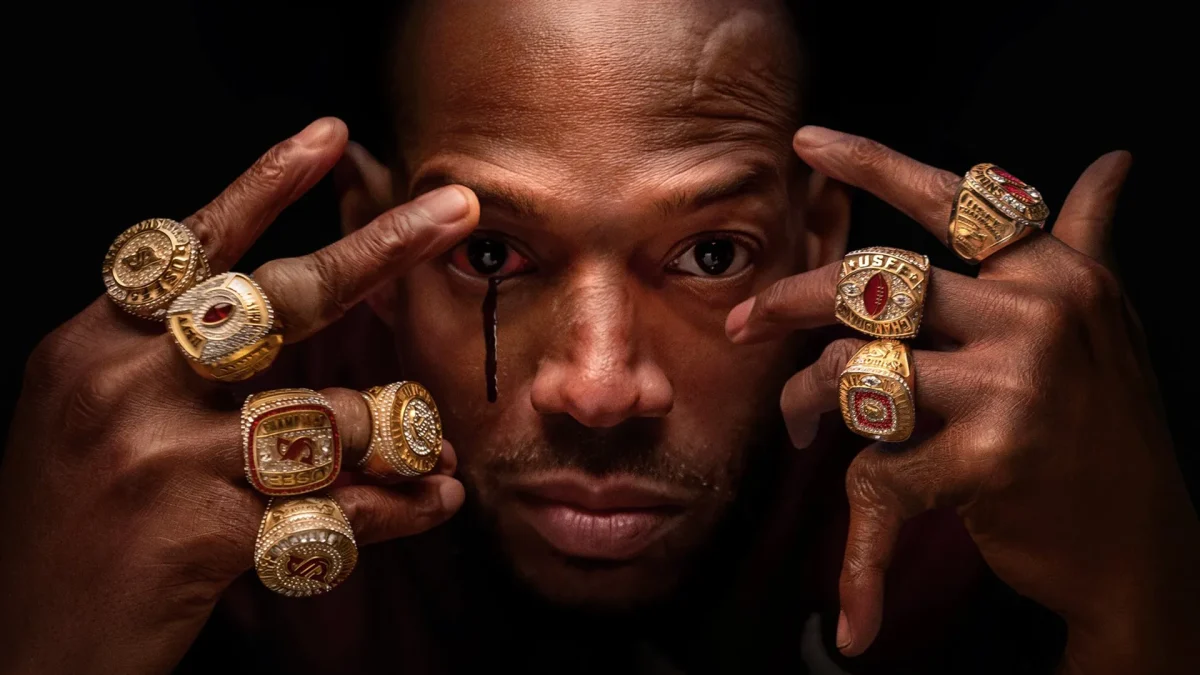Saturday Night is not a story but a scenario, a reenactment of the hour and a half before the first episode of Saturday Night Live is due to air. The show is a brilliant concept—at least in creator Lorne Michaels’ loyal eyes—but it’s facing a small problem: not one person is coming in to see it. Also, even if they were, Lorne (Gabriel LaBelle) can’t decide which sketches to remove to shorten its three-hour run time. And the lighting director has just quit. And the set isn’t finished. And John Belushi (Matt Wood) won’t sign his contract to be on the show.
Among other things.
It is no easy task to put Saturday Night in a category. On the one hand, one could claim it’s a nostalgia baby, released in service to SNL’s momentous fiftieth season. That theory flops, however, because the Saturday Night Live of 1975 would not remind anyone of that of 2024. The latter is mainstream entertainment, recently hosted by one of the world’s biggest pop stars; the former is treated as avant-garde theater that just so happens to be funny. (“Comedy d’arte,” Lorne calls it at one point.) For that matter, the movie is marketed as more suspenseful than nostalgic: its trailers paint a picture of a chaos-filled creep toward the show’s airtime, laden with obstacles and complete with a literal ticking clock. And yet the film isn’t that, either: however suspenseful the scenario is supposed to be, we still find time to trail behind Lorne’s cousin Neil (Andrew Barth Feldman), witnessing the terrifying (and plot-deviating) effects of his first time trying marijuana. It’s not so much a race against time as a very stressful stroll.
The foremost flaw in this film, though, is its lack of character development. That may seem unreasonable to say, given the premise: it’s not an orderly chain of events but a ninety-minute puzzle, with the audience watching as it’s solved. Even if it were possible for people—especially the kind of people who populated SNL’s first season–to change who they are in ninety minutes, it wouldn’t be right to show them doing it: this movie is meant to depict real figures as they really were, and those people were surely the same, fundamentally, at the end of the show as an hour and a half before it.
If that’s true, then the film was in trouble from the very beginning. The best stories involve people who differ at the end from who they were at the start; What’s worse, some have criticized the movie for giving little screen time to its female characters—a worthwhile critique: if we don’t get to see how any characters change, we at least get a sense of who the male ones are. Less so with Saturday Night’s leading ladies (Gilda Radner, Laraine Newman, and Jane Curtin, played by Ella Hunt, Emily Fairn, and Kim Matula, respectively): we see that Radner is a freewheeler, and that Curtin is a quick wit, but unlike John Belushi or Chevy Chase (Cory Michael Smith), they come off almost as side characters, not founders of the show.
The writers could still have made their movie worthwhile by explaining the characters instead of changing them—showing us why Lorne is so unfailingly able to coddle his cast of oddballs, or why Chevy is so deeply egocentric, or why John is so moody and uncooperative—but it doesn’t even do that. The only character we learn anything about is Lorne, and what we find out fails to explain his fealty to this project. At the very least, we could have been shown what inspires him to give that ridiculous eleventh-hour monologue about how Saturday Night Live is really a love letter to New York City.
All that said, there will be plenty of people who enjoy the film, and who find it to be more suspenseful than I did. “It’s kind of like, ‘Are they gonna make it or not gonna make it?’” Sophia Jones-Papanastassiou said of the film. “You know the ending of it, but the whole time you have this feeling like, ‘Is it gonna happen? Is it really gonna happen?’”
As with a number of other movies, you can enjoy Saturday Night as long as you shut your brain off for a while. Even if you wish they didn’t stay so much the same, when SNL’s founding oddballs are up against such easily-dislikable foes as a skeptical NBC executive (Willem Dafoe), it’s hard not to root for them. At the very least, it is a sign of SNL’s power that its origins are viewed as worthy of a movie—and it just may be that someone else will try this movie again, if the show one day turns 100.








